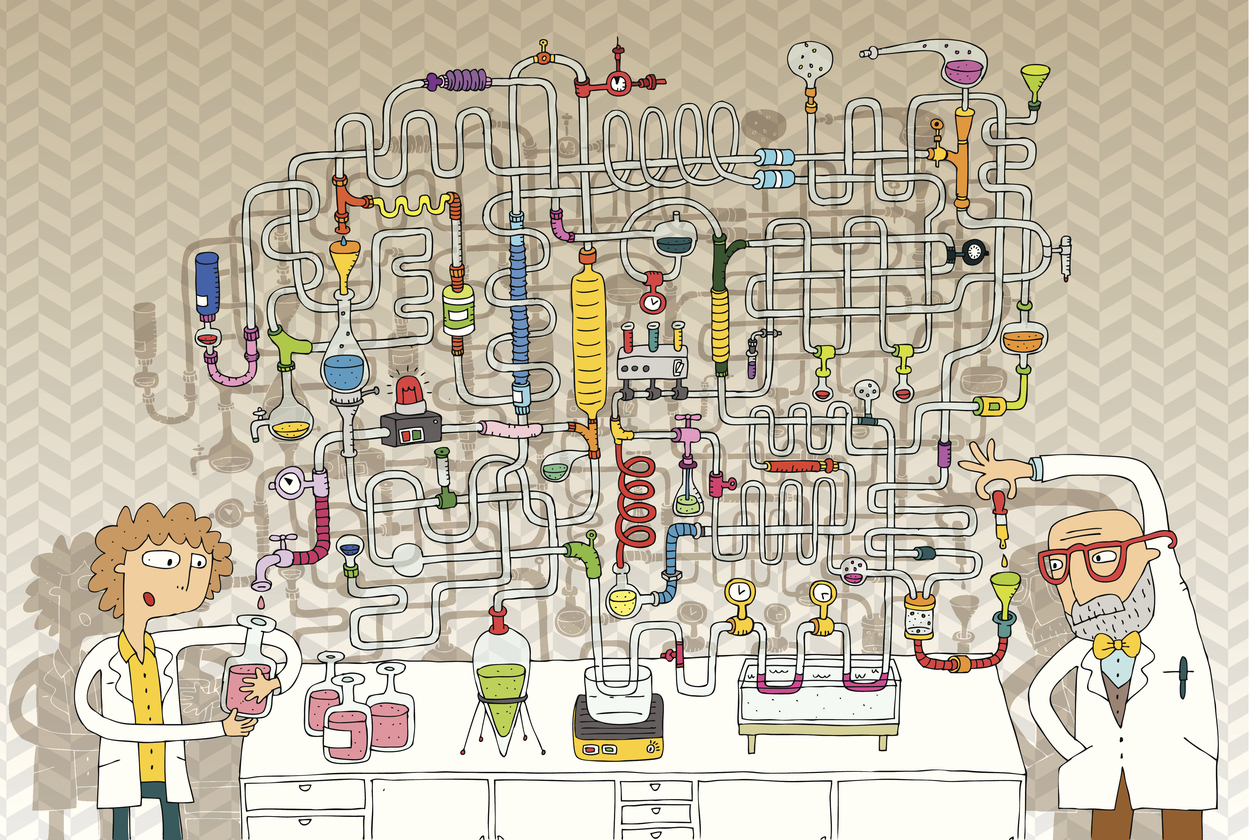The Year in Review: 2017 On The Scholarly Kitchen
A statistical look back at the year in The Scholarly Kitchen.

Send us a link
A statistical look back at the year in The Scholarly Kitchen.

After several high surplus years, a relatively small 2016 deficit will not sink PLOS.
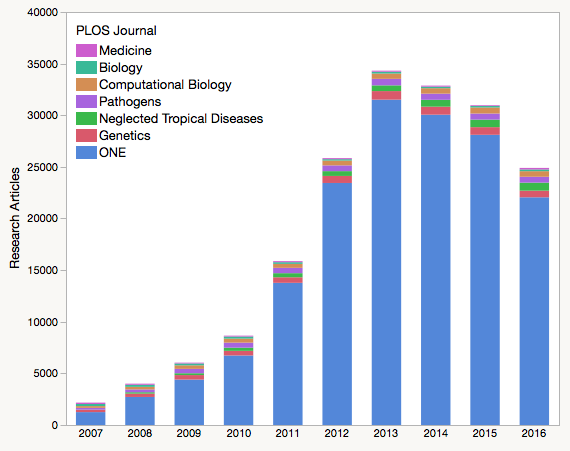
Information manipulation is not new, yet everything is different. How do governments, preprints, algorithms, and our own responsibilities intersect? Where does peer review come in now?

How do evolving forms of digital scholarship fit into the current landscape and what are the implications for publishers?
Ideally, we want science and scholarship to be not only available to the general public, but also comprehensible to them. But the challenges to doing so are real, and may vary both by discipline and by study type.
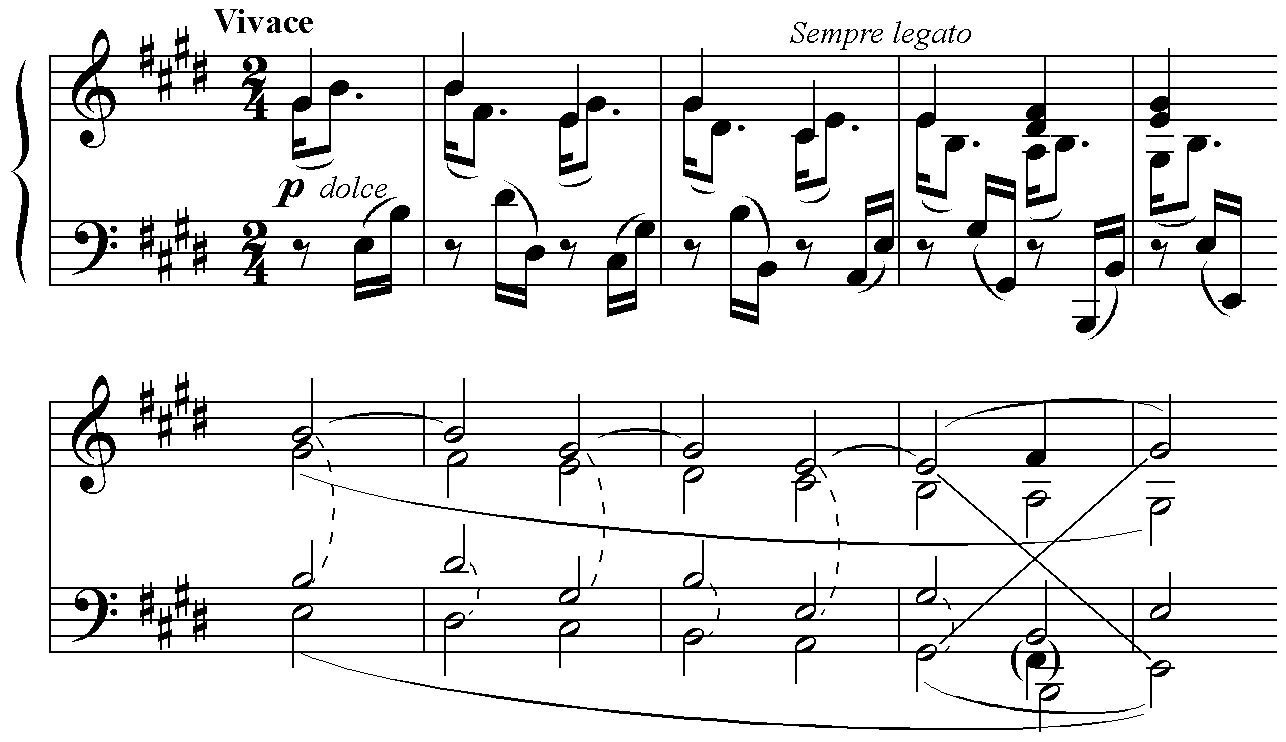
Metrics are notoriously inappropriate for evaluating humanistic scholarship. HumetricsHSS is an initiative to embed metrics with humanistic values.
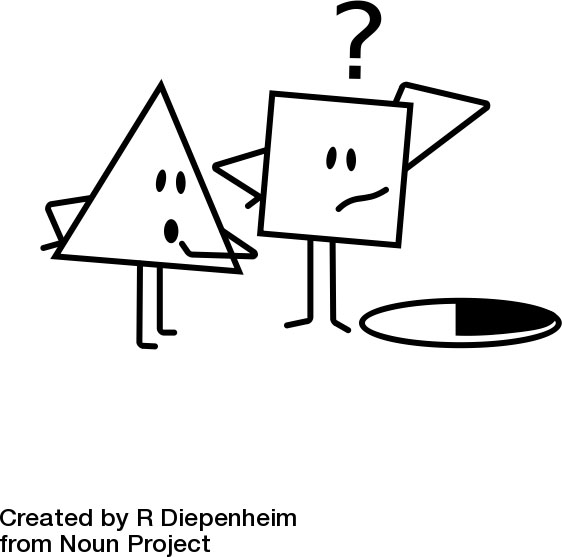
Elizabeth Gadd takes a look at the contradictions between scholarly culture and copyright culture, and the cognitive dissonance created.

In analyzing the marketplace of scholarly publishers and scientific workflow providers, a key strategic question is: Who owns Digital Science?
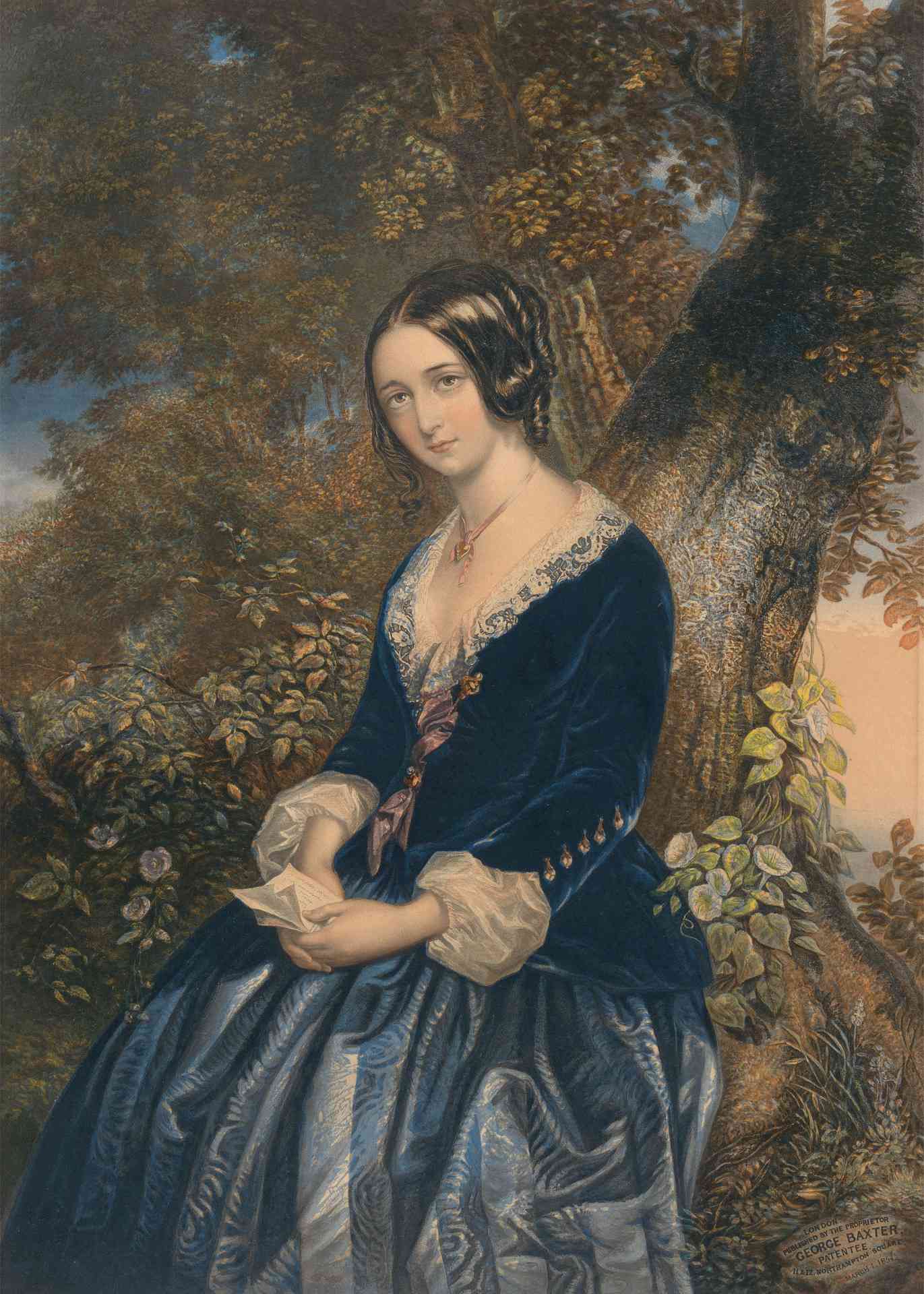
Last week's Transforming Research conference in Baltimore, MD, gathered a range of speakers across the academic and professional spectrum.

Canadian Science Publishing's Mary Seligy provides a primer on standards, XML and JATS4R, which is driving improved reusability of scholarly content.
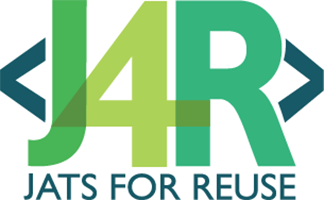
Journal editors are more likely to reject papers when they experience trouble recruiting reviewers, reports a new study.

While few will disagree with their motives, the authors provide no roadmap for scientific societies. It may be time to learn from the successes of commercial rivals.
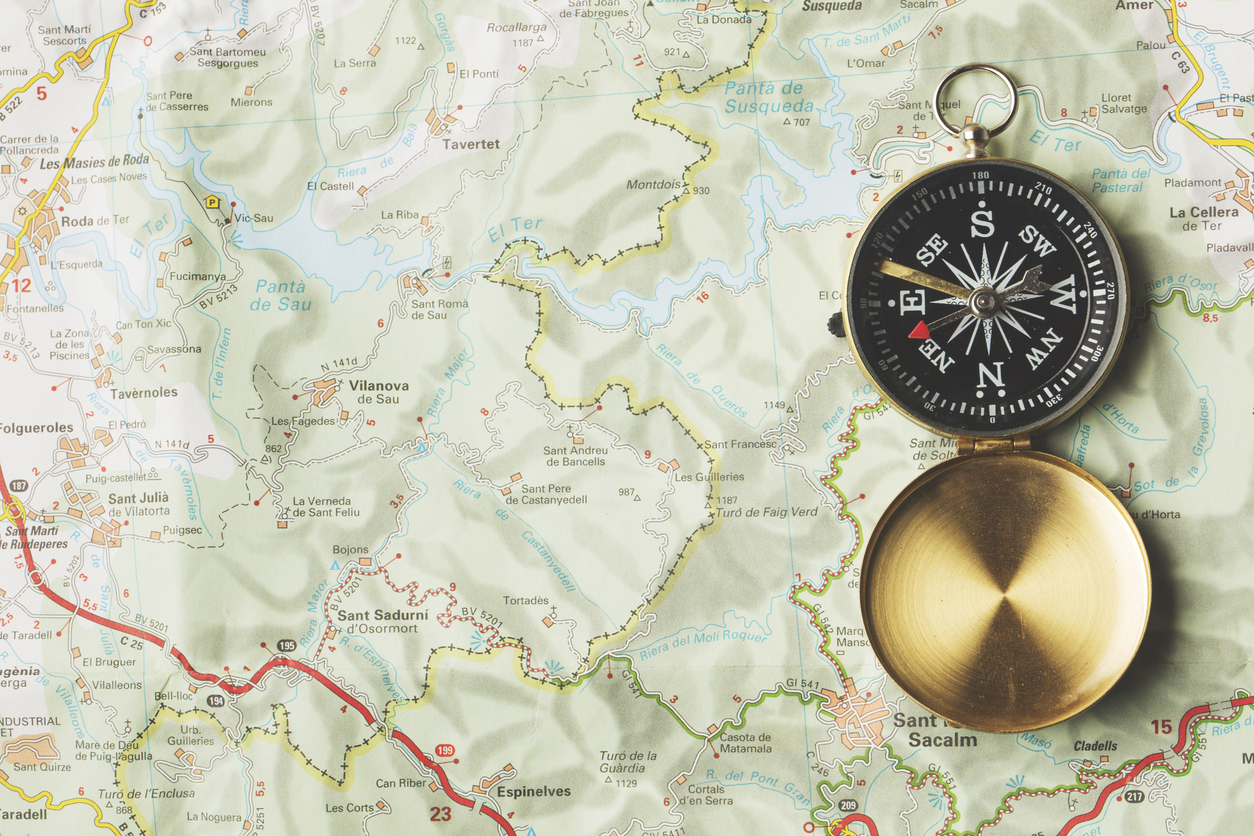
Once again, the term "open" requires further thought to probe the pros and cons. With open source, we may be once again doing things that make the big bigger and the small less relevant.
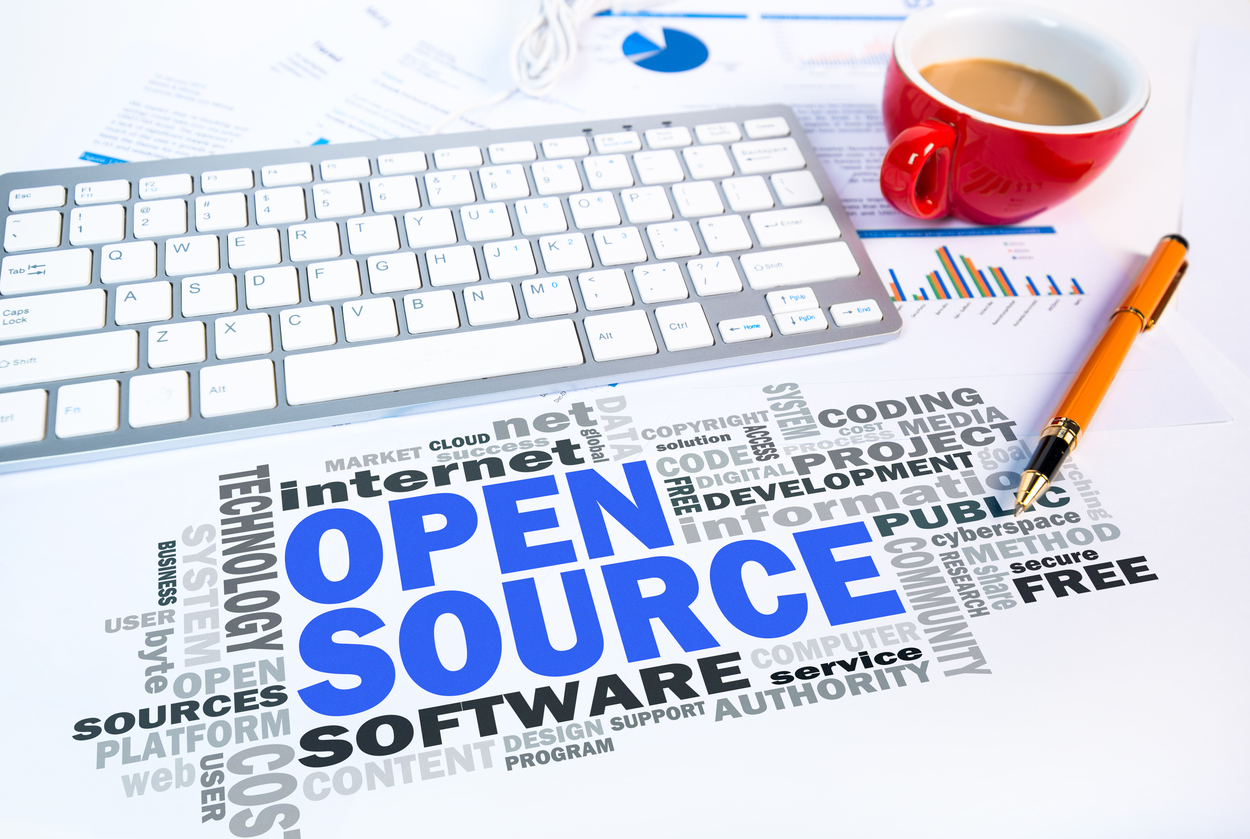
Here's a brief summary of some key takeaways from this year's Peer Review Congress, held every four years. A talk by the Swiss National Science Foundation was especially enjoyed.
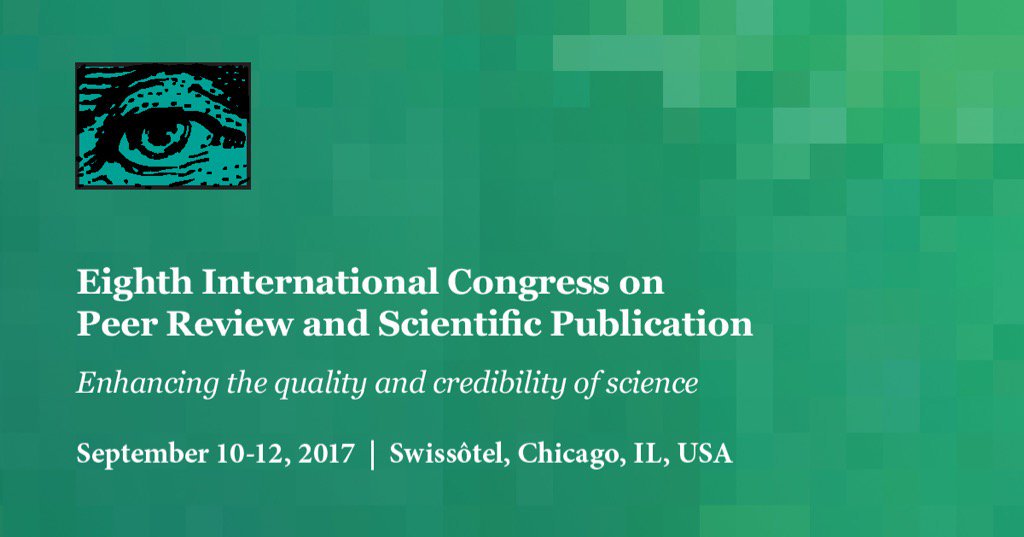
What kind of peer review is developing to evaluate long-form digital scholarship? A view from AAUP press editors.

PubMed is found to contain predatory journals and publishers, likely reflecting a long-term and broader problem, which only adds to the confusion about what exactly PubMed represents at this point.

The recent attempt by China to censor scholarship points to a growing set of challenges in information dissemination. Blaming the publisher obscures these issues.

A recent book took aim at accelerating administrative demands and the internalized expectation of measurable productivity that have eroded the quality of academic life and work. Is there a corollary for scholarly publishing?

A new study from Oxford University Press further documents the decline of reference resources, a category of scholarly material more than ready for an innovative era in its evolution.

Recent announcements from the creator of Sci-Hub raise the distinct possibility that Scholarly Publishers have been systematically compromised.
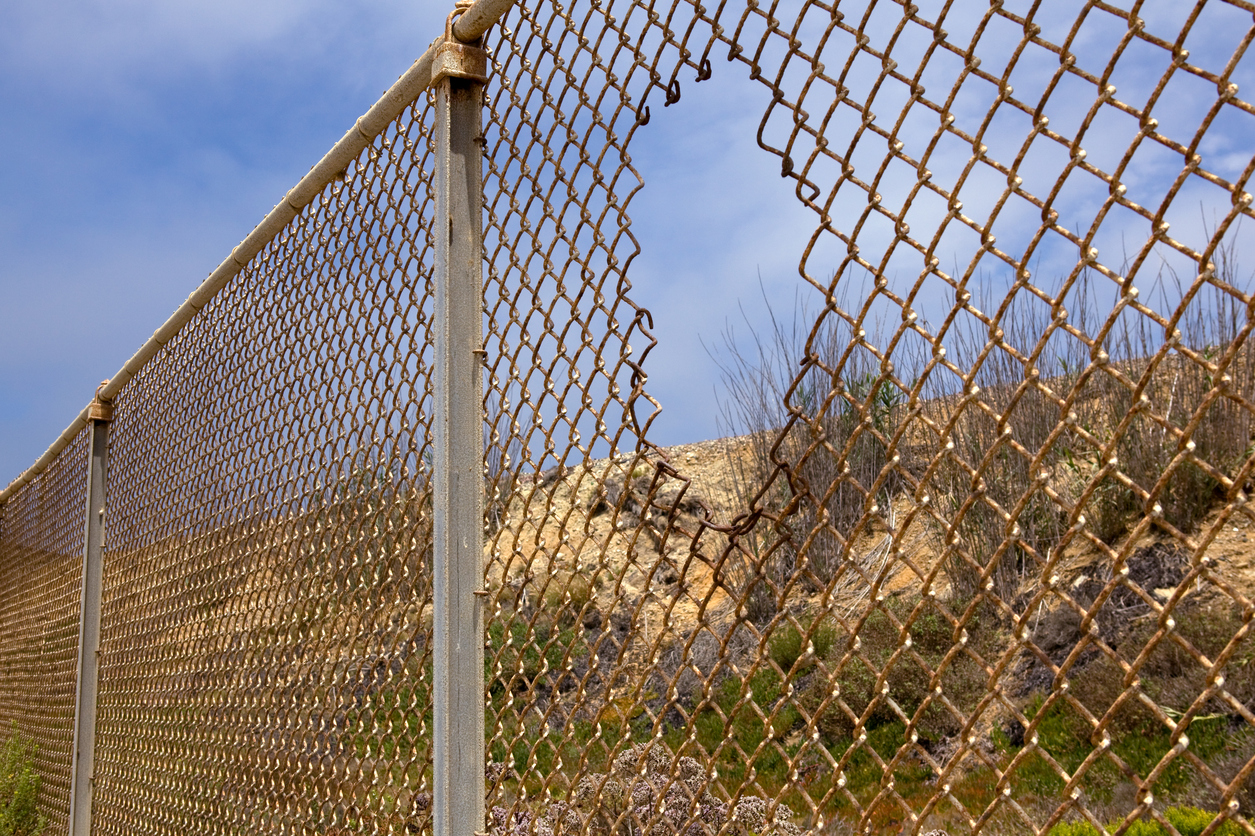
Journal suppression is an effective tool for reducing high rates of self-citation, even years after a title is reintroduced.
A review of top journals in 18 fields show they are on a variety of platforms, suggesting cognitive burden for users which may be driving them to aggregated options with unified user experiences.

Now we know how suppression decisions are made, should metrics companies suppress titles at all or simply make the underlying data more transparent?

Is citation manipulation a moral problem or an accounting problem?
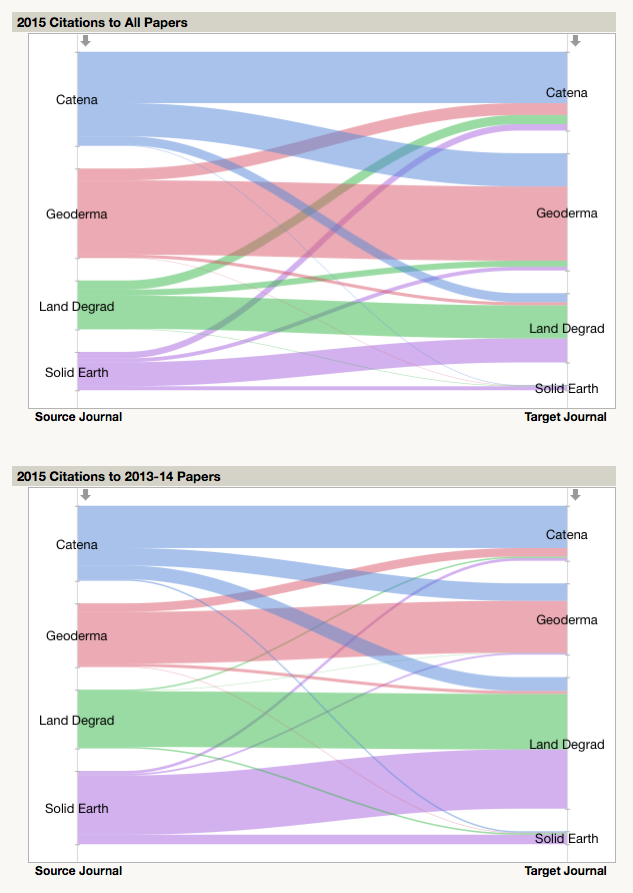
In recent years, observers have noticed that articles for which an APC has been paid are not always made freely available. How pervasive is this problem?

What happens when an experiment is correct, but it's really hard to replicate? Are there research results that are accurate but not reproducible?
